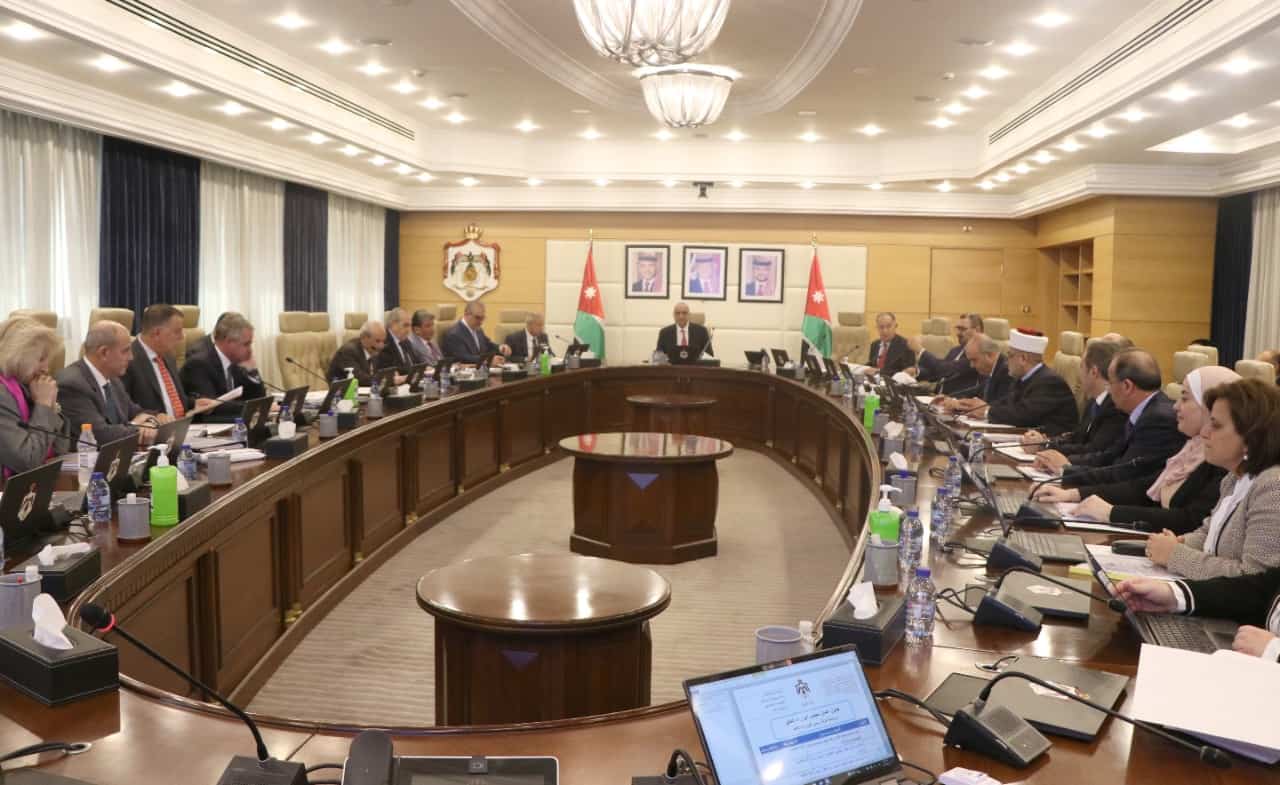Amman, Jordan – A cabinet session, headed by Prime Minister Dr. Bishr Khasawneh, on Wednesday approved the draft general budget law for 2023, in preparation for referring it to Parliament in accordance with the timeframe set by the Constitution.
Minister of Finance, Dr. Muhammad Ississ, and Minister of Government Communications, Faisal Shboul, announced details of the draft law during their press conference held Thursday at Ministry of Finance.
Council of Ministers okayed a draft law amending the real estate sale tax law for 2022, aimed to stimulating investment in the real estate and housing sectors and increasing their trading volume.
Under the draft law, this tax rate was reduced to 3 percent instead of 4 percent and would enable Department of Lands and Survey (DLS) to refund the real estate sale tax collected for incomplete transactions to avoid judicial claims for its refund.
Subsequent sale transactions carried out by ‘murabaha” contracts of sale conducted by Islamic banks and other financial institutions conducting similar businesses will be excluded from the real estate sale tax.
The Council of Ministers approved a draft law amending Jordanian Nationality Law for 2022 to align texts related to nationality restoration.
Under the amendments, a Jordanian woman married to a non-Jordanian national, who renounced her Jordanian citizenship and acquired her husband’s nationality by extension, is granted the right to restore her Jordanian nationality without limiting the process to expiration of marital reasons.
The cabinet also approved a draft law amending 2022 Professional Work Regulation Law, aimed at easing citizens’ transactions to contribute to regulating and grading the sector’s operating shops into professions.
In this regard, Ministry of Labor is enabled to carry out its tasks set in this law in a manner consistent with its roles and capabilities.
On the other hand, the Cabinet approved Jordan’s Stakeholders’ Strategy for Land Governance and Management for 2022-2030, which aims to help ministries, government institutions, international organizations and civil society organizations launch and benefit from constructive dialogue in drawing up a roadmap, which would lead to transparent land governance methods, to guarantee all stakeholders’ rights.

